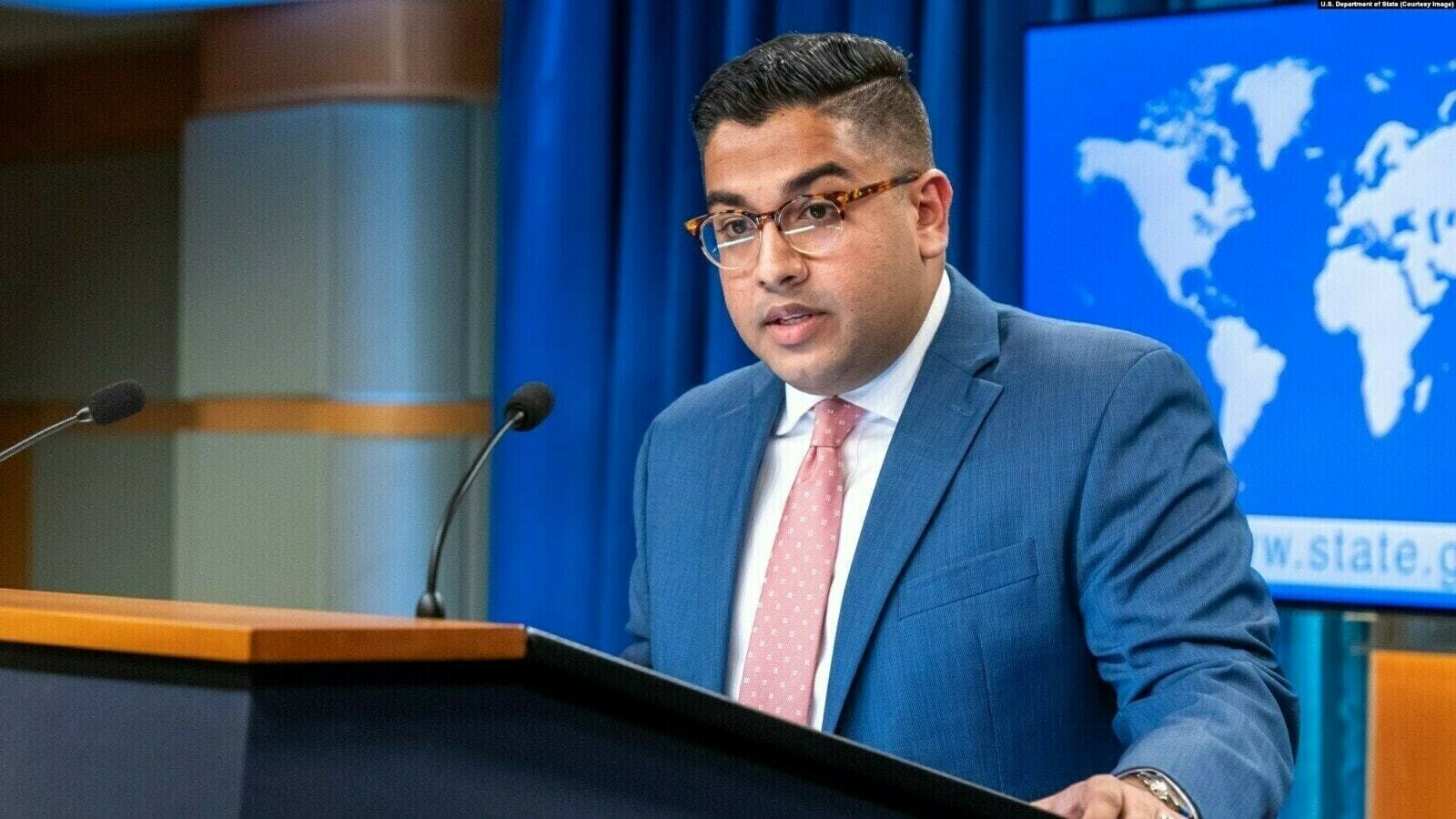PTBP Web Desk
An Anti-Terrorism Court (ATC) in Pakistan on Wednesday took a significant step by issuing non-bailable arrest warrants for prominent Pakistan Tehreek-e-Insaf (PTI) figures, including National Assembly Opposition Leader Omar Ayub, Senate Opposition Leader Shibli Faraz, and others, in connection with the tumultuous events of the May 9 riots. This legal action was taken due to their absence from court proceedings in a case registered at Civil Lines Police Station, which alleges their involvement in arson during the riots.
The warrants extend not only to Ayub and Faraz but also to PTI’s Kanwal Shauzab and former party leader Fawad Chaudhry. These individuals were accused of aiding and abetting the arson of a police van, a charge that stems from the chaotic aftermath following the arrest of PTI’s founder, Imran Khan, on corruption charges. The court had earlier issued bailable arrest warrants when these leaders failed to appear, but now, with their continued absence, the court has escalated the legal measures by issuing non-bailable arrest warrants.
During the court session, PTI member of the provincial assembly, Junaid Afzal Sahi, who was previously declared an absconder alongside Khayal Ahmad Kastro, spoke about a review petition filed by the party. This petition, which seeks to challenge the court’s previous decisions, was noted to have been adjourned, indicating ongoing legal battles for the PTI members.
The May 9 riots erupted after Khan’s arrest, leading to widespread violence where several military installations were vandalized. This event has been a contentious point between PTI and the various governments that have followed, with each attributing blame differently. The then-PDM government, the caretaker government, and now the current administration led by Prime Minister Shehbaz Sharif have all accused PTI of orchestrating the violence, a claim that PTI has strongly refuted.
In response to the riots, military courts were utilized to try those involved, resulting in sentences ranging from two to ten years for 85 individuals, including Hassan Khan Niazi, Imran Khan’s nephew. Out of 67 who applied for mercy, 19 have been pardoned, yet the PTI has not ceased its legal fight, challenging these convictions on grounds of civil rights violations, arguing that trying civilians in military courts undermines justice.
The May 9 incident has significantly shaped the political discourse in Pakistan, becoming a focal point in PTI’s negotiations with the government. The party has demanded the establishment of a judicial commission to investigate not just the riots but also the circumstances of Khan’s arrest and the treatment of those detained. According to PTI’s ‘Charter of Demands’, this commission would delve into the legality of Khan’s arrest, the security breaches that allowed rioters access to sensitive locations, and the human rights issues surrounding the arrests and detentions.




